Fourth graders are learning the importance of communication. After each group uses their clean-up process, it is important that they communicate what they've discovered. This means that they share out not only what was really positive, but what also would need some work. Over the next couple weeks, fourth graders will be focusing on the practice of evaluating and communicating information. This means they will be discussing the benefits and the drawbacks of a particular process, as well as give insight into how they could improve their clean-up process. Here are some samples of student work!
|
What's the point of designing and testing a solution if you're never going to tell anyone about it? Fourth graders are learning the importance of communication. After each group uses their clean-up process, it is important that they communicate what they've discovered. This means that they share out not only what was really positive, but what also would need some work. Over the next couple weeks, fourth graders will be focusing on the practice of evaluating and communicating information. This means they will be discussing the benefits and the drawbacks of a particular process, as well as give insight into how they could improve their clean-up process. Here are some samples of student work!
With the results of their controlled experiment finalized, fourth graders had a chance to really analyze which materials were best at either absorbing or containing oil.
Our next steps...to imagine various solution to our oil spill clean up. There's a catch, however. Real oil spill clean up processes cost millions of dollars. So besides a materials constraint for this problem, fourth graders will be given a cost constraint as well. With only $20 million to spend, they are quickly seeing how they need to choose their materials wisely in order to get the best results. Think $20 is a lot? Well every time they use a cotton ball, Mrs. Brinza will be charging them $2 million, so the money will go fast! Check out some of their imagined solutions below! Now that fourth graders have tested each material as it relates to cleaning up an oil spill, they will use this data to design a solution to clean up a model oil spill. They will have a budget and must use their money wisely to try and remove as much of the oil as possible from an ecosystem. They must consider both the land and the water when designing their clean-up process! Stay tuned...
Why is it that each group gets different results, even though they ALL are testing the same materials?
"Well I saw that person's table take the felt and reuse it a bunch of times, and I only used mine once." "That group dumped their oil right in the middle, and we poured our sample all over the water cup." "I only sucked up the oil with the pipette once. That group did it over and over. Can we do that?" Fourth graders are quickly seeing that in order to truly find out which materials work best in an oil spill clean-up process, the investigation that they design must utilize all the materials in a controlled manner to ensure the tests are fair. We spent a class period ensuring that our tests are as fair as possible, including setting a timer for how long a material can be used, how we dump the oil in, and how the material itself is physically used. While they controlled some initial variables (like the amount of water and oil in the cup), fourth graders are seeing that there are many variables that can affect the outcomes of an experiment. This allows them to see that their procedures can be written that much more specifically to guarantee a fair test. Way to go fourth grade! 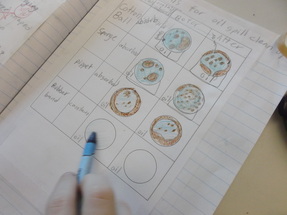 Fourth graders are designing investigations to clean an oil spill. They are using the practice of planning and carrying out an investigation, using the ideas of fair tests to ultimately design a solution. In planning out their investigations, they are considering the following: 1. The Question 2. The Materials They Will Use to Complete Their Investigation 3. The Procedure (What steps will you take to complete your fair test?) 4. The Data Table (How will you organize the information you collect to inform your solution?) This is no easy feat! We're working hard to understand where science and engineering work together. Keep up the great work fourth grade! Engineers (and scientists) ask many types of questions! They questions they ask can be one of three types:
Research Questions--The answers to these questions require the use of a published book or verified Internet resource. Investigative Questions--The answers to these questions require an investigation, such as an experiment. Opinion Questions--The answers to these questions ask about someone's beliefs or ideas. Asking just the right questions is important work. Many of the questions engineers ask are investigative, so before we actually clean up an oil spill, we will make sure we ask JUST THE RIGHT QUESTIONS! Fourth graders practiced sorting sample questions into one of the three categories.
|
Mrs. BrinzaHow do you impact the environment every day? Where do you put your trash? Do you recycle? How do you use energy in your life? Archives
January 2015
Categories |
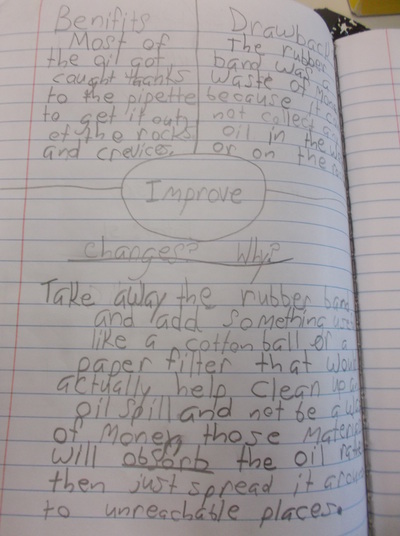
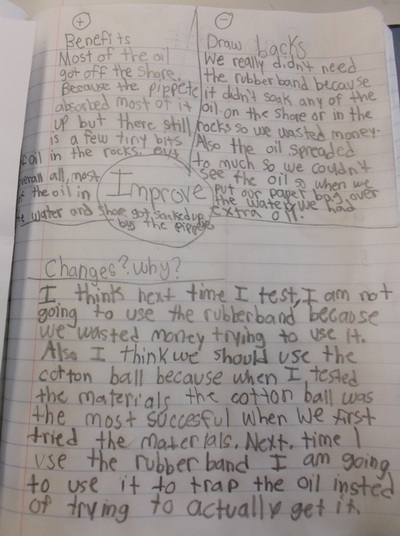
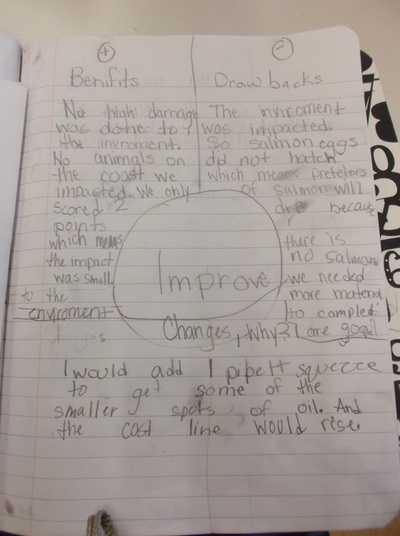
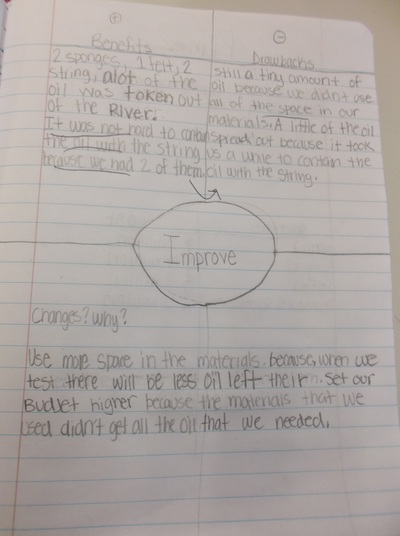
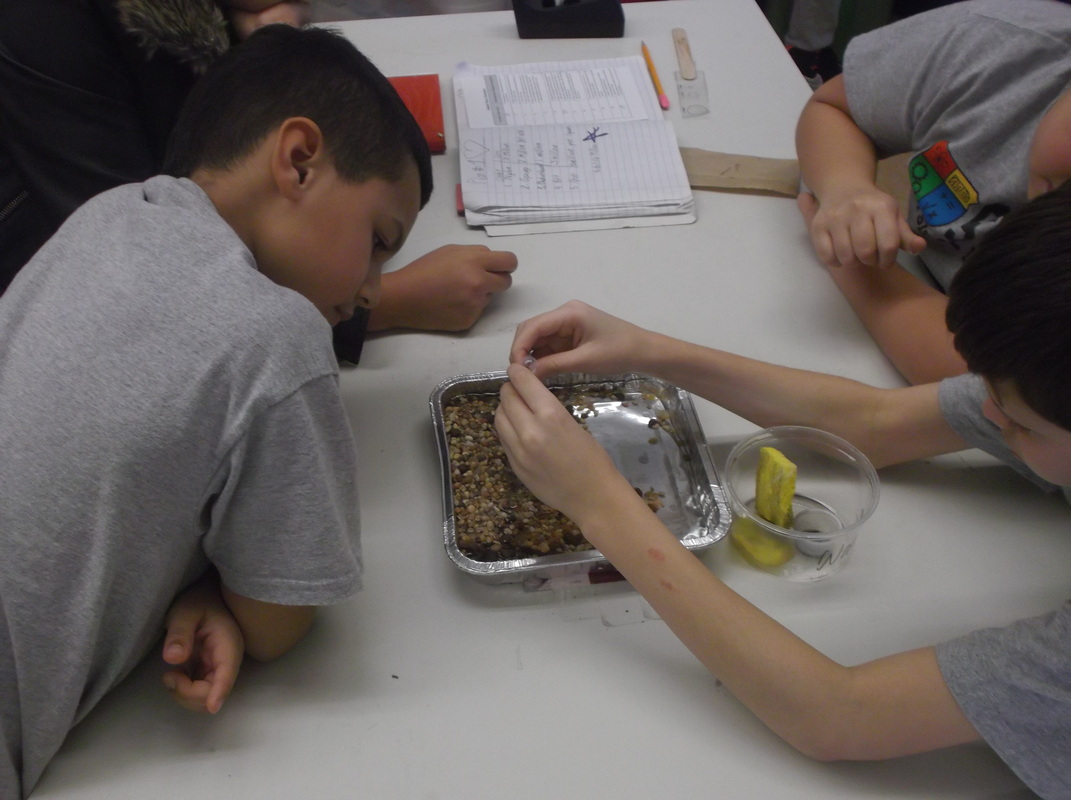
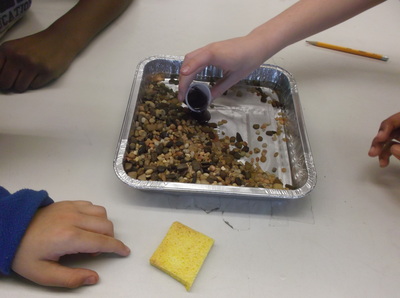
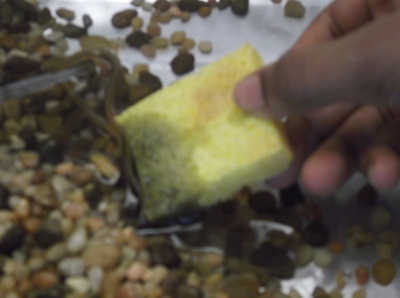
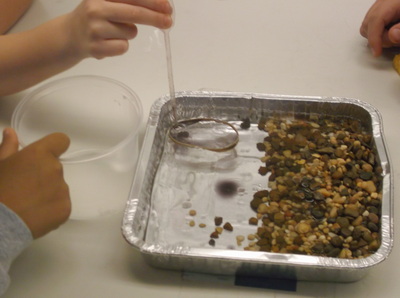
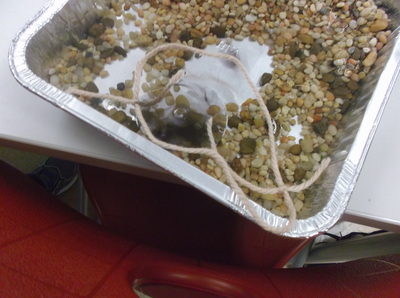
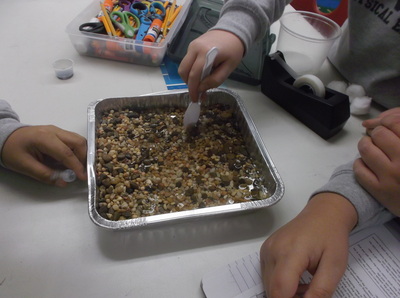
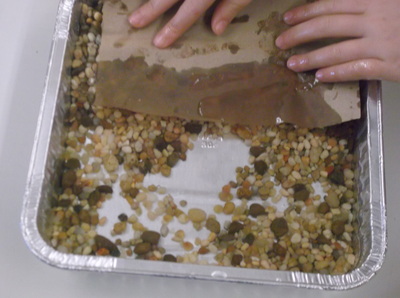
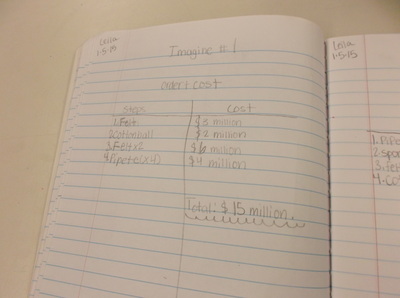
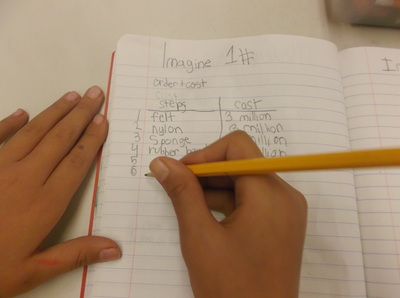
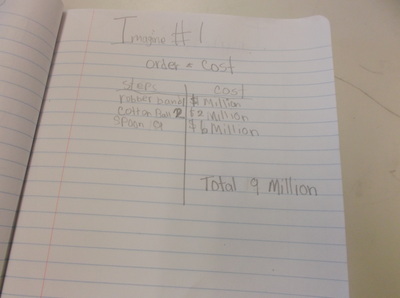
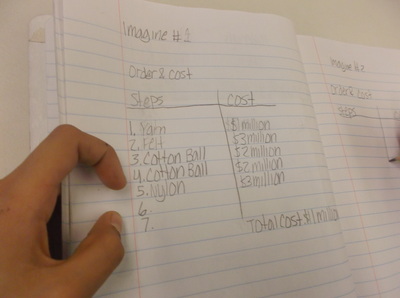
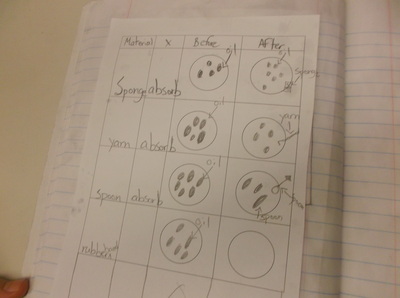
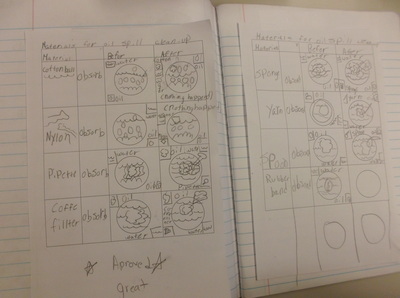
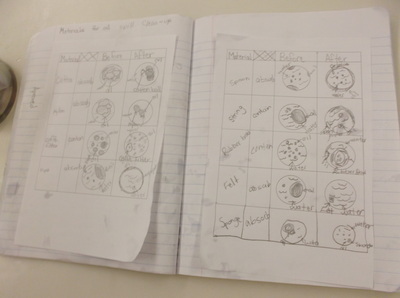
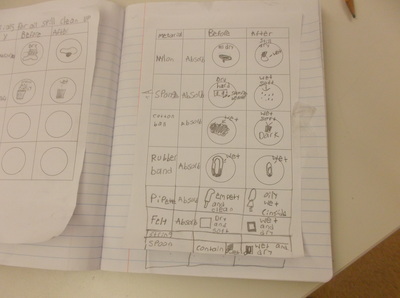
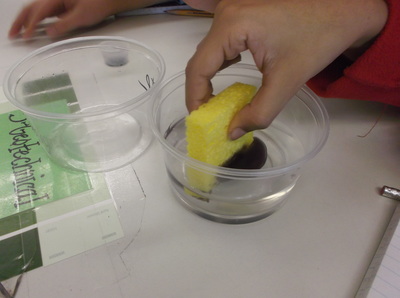
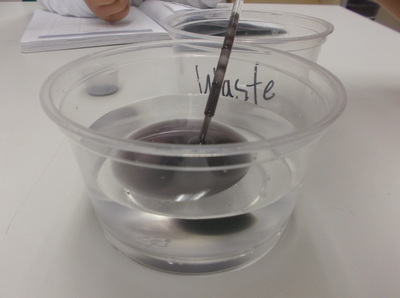
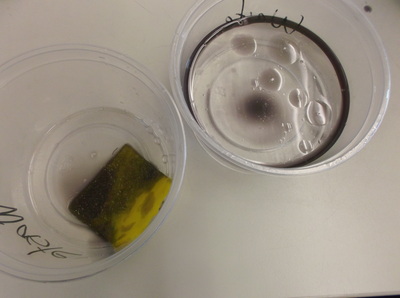
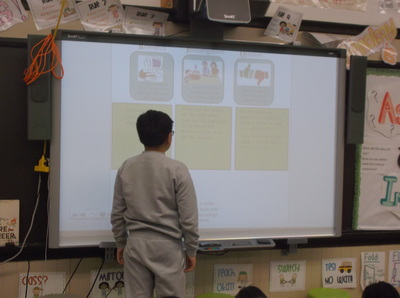
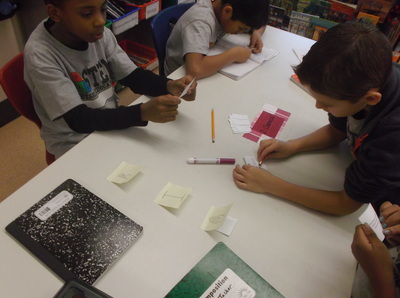
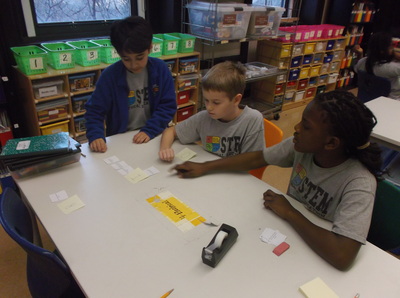
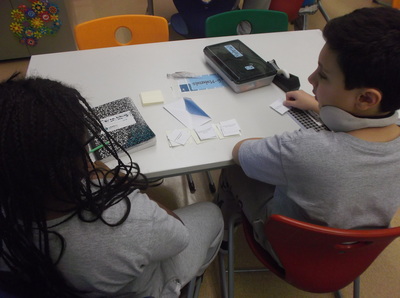
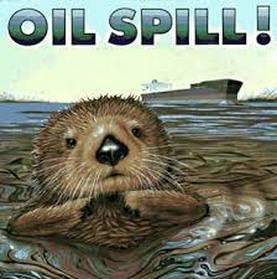

 RSS Feed
RSS Feed